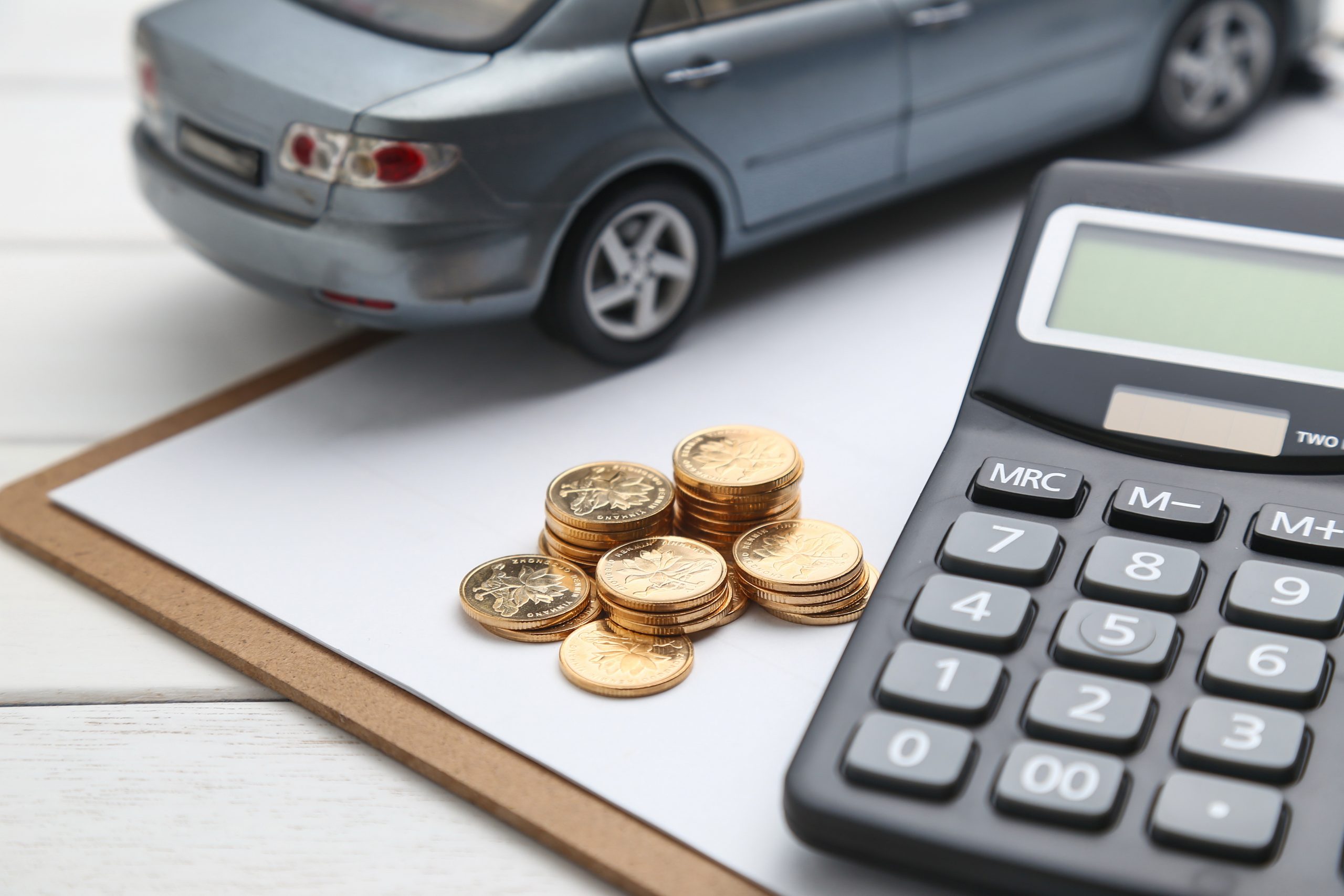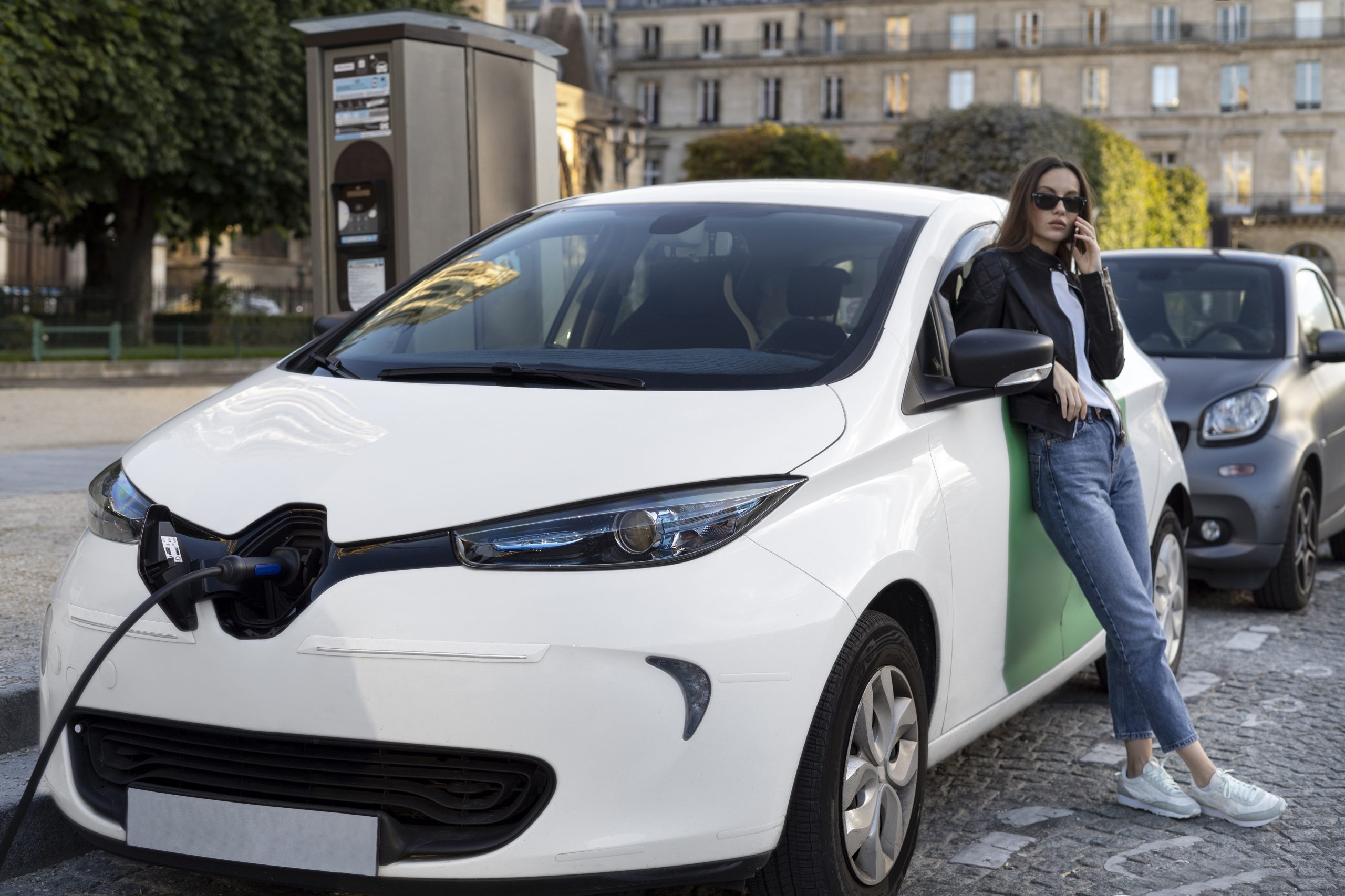Owning a car in Ireland involves more than just the initial purchase—understanding ongoing running costs is essential for effective budgeting. These expenses can vary widely depending on several factors. Here’s a breakdown of key terms related to car running costs and how they influence your overall expenses.
Fuel Type
Fuel type is a major factor in determining a car’s operating costs. In Ireland, petrol and diesel have long dominated the market, but the shift toward electric vehicles (EVs) and plug-in hybrids is reshaping this landscape.
Petrol and diesel prices fluctuate due to global oil markets and government taxes. While diesel typically costs less per litre, it can attract higher annual motor tax.
Electric vehicles, by contrast, offer considerably lower running costs. For example, home charging during off-peak night rates can cost as little as €4–€5 per 100 km—far more economical than refuelling petrol or diesel engines. EV owners also benefit from reduced Vehicle Registration Tax (VRT) and other government incentives, helping to further lower long-term ownership costs.
Servicing Costs
Annual servicing is essential to keep your vehicle in good working order and typically includes maintenance such as oil changes, brake inspections, filter replacements, and timing belt checks.
For petrol and diesel vehicles, servicing needs are generally more frequent—especially for diesel models that may require attention to the diesel particulate filter (DPF) due to soot build-up.
Electric vehicles (EVs), however, have fewer moving parts and do not require oil changes, which leads to lower overall servicing costs. That said, EV owners should still account for periodic maintenance like tyre replacements, brake fluid changes, and battery health checks.
Hybrid vehicles fall somewhere in between, requiring both traditional engine servicing and attention to electric systems. Understanding the servicing needs of your vehicle type can help you plan your annual maintenance costs more effectively.
Motor Tax
Motor tax is a legal requirement for all vehicle owners in Ireland. The calculation method depends on the car’s registration date:
-
Pre-2008 vehicles are taxed based on engine size, with larger engines incurring higher charges.
-
Post-2008 vehicles are taxed based on CO2 emissions, encouraging lower-emission options.
Electric vehicles enjoy a favourable flat tax rate of €120 per year, while low-emission hybrids also fall into lower tax brackets. Petrol and diesel cars with higher emissions, however, can attract annual motor tax costs of several hundred euros.
Insurance Costs
Car insurance is a significant part of running costs and can vary based on a range of factors, including:
-
Vehicle value and engine size
-
Driver’s age, experience, and claims history
-
Type of cover (third party, comprehensive, etc.)
Larger-engine petrol and diesel cars usually carry higher premiums, while EVs and hybrids may benefit from reduced rates due to lower perceived risk.
Some insurers now offer EV-specific policies covering unique aspects like battery replacement and damage to charging cables. Younger drivers may also benefit from telematics or pay-as-you-drive policies that reward safe driving behaviour.
Conclusion
Understanding the various components of running costs—fuel type, servicing, motor tax, and insurance—can help you make smarter decisions when buying or budgeting for a vehicle. With electric and hybrid vehicles growing in popularity and offering cost-saving benefits, staying informed on available incentives and ownership expenses is more important than ever.









